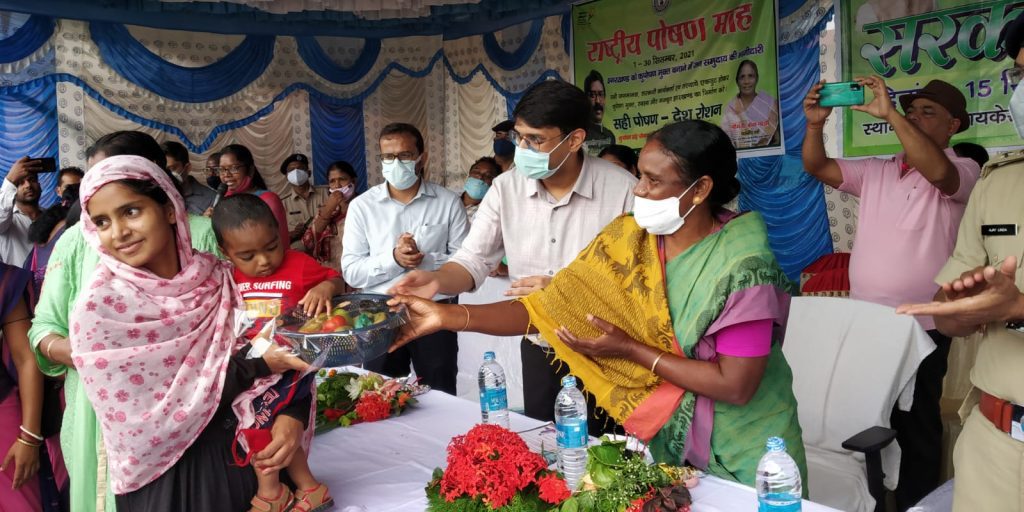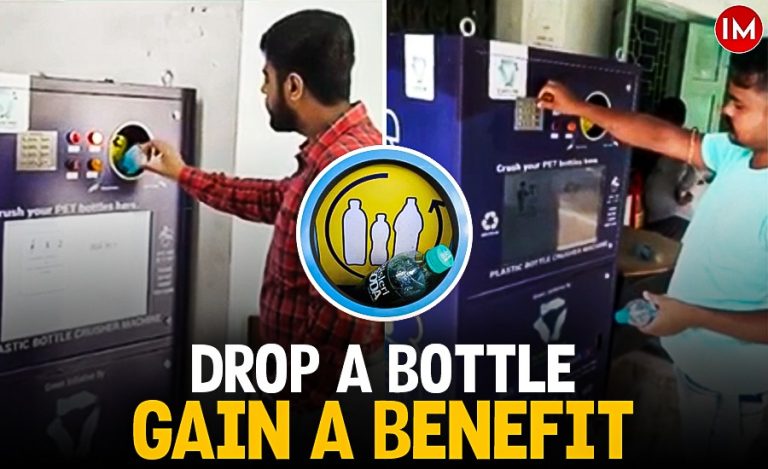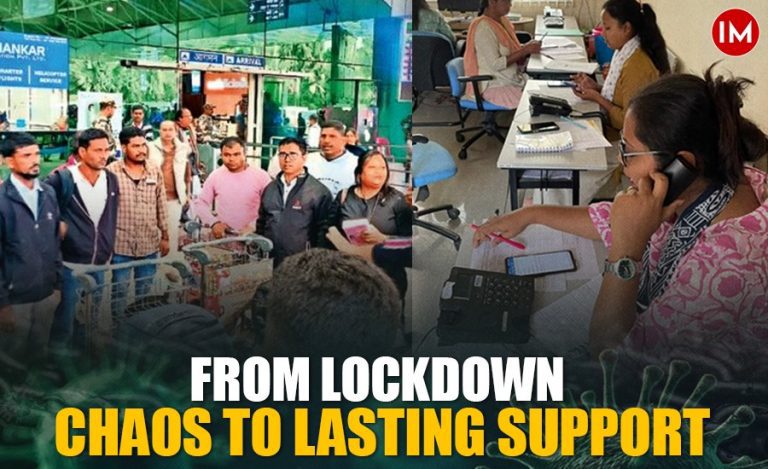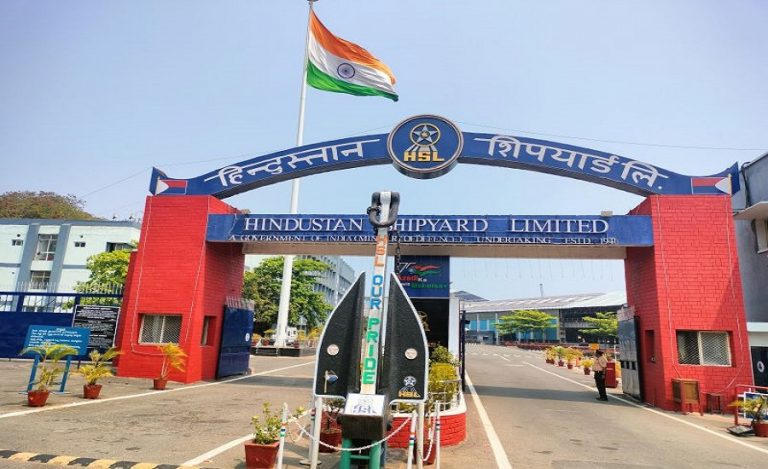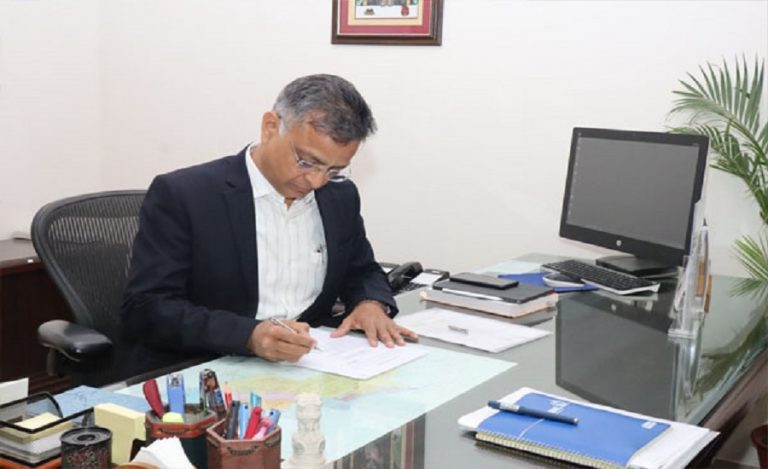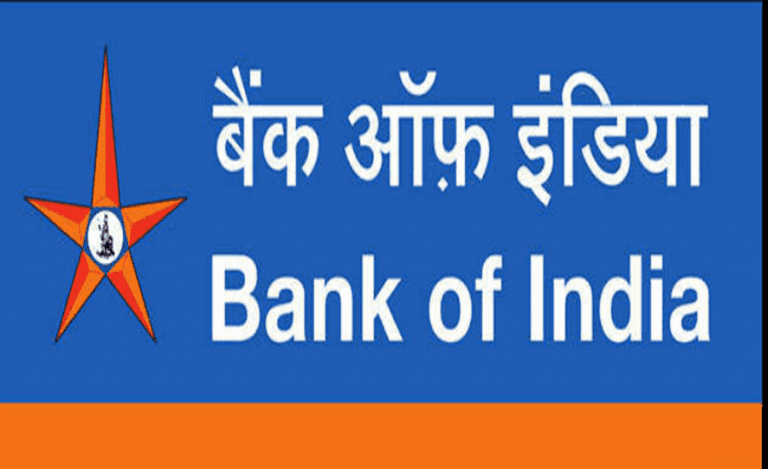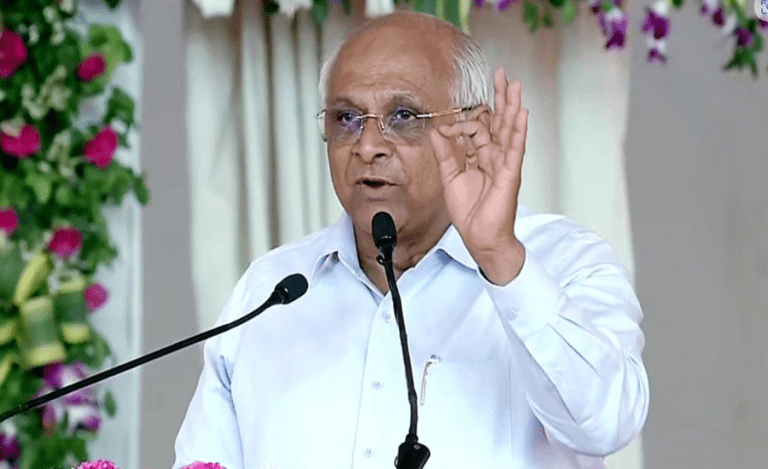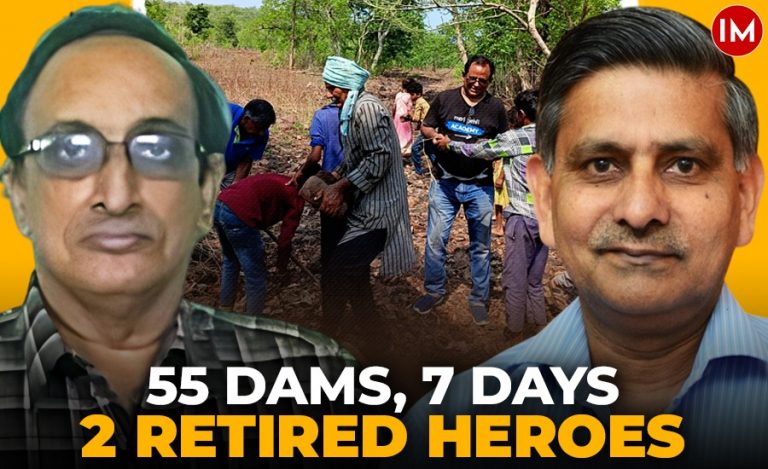While observing Poshan Maah (nutrition month) along with the rest of the country in September, Deputy Commissioner Ananya Mittal is simultaneously implementing the ‘Sarkar Apke Dwar’ programme, making sure the welfare schemes reach the people living in the remotest areas of Chaibasa, the district headquarters of West Singhbhum, Jharkhand.
On 15 September, the IAS officer travelled on a local passenger train to organize a programme in Manoharpur, Raikera village. Despite heavy rains and security issues, the officer opted to use public transport to reach the remote area, thereby proving that he is a ‘people’s person’.
THE PROGRAMME
While speaking to Indian Masterminds, Mr. Ananya Mittal said, “There was high turnout in the Manoharpur programme and we were able to address the problems of maximum people. We also checked whether adequate nutrition is being provided under the ‘Poshan Maah’ scheme. LED vans were also inaugurated to help spread awareness about the programme.”
Many government benefits were also provided to the people, like distribution of conoweeders, spray machines and other agricultural products. Mr. Mittal further informed that bank accounts are being opened for children so that scholarships can be provided to them through DBT (Direct Benefit Transfer). Patta distribution, pension, green card issues were also addressed that day.

Although movement of senior officers is restricted in remote areas, it is important for them to visit such places to find out firsthand whether government schemes are being implemented or not. “Despite all the barriers, we reached the village and distributed things under welfare schemes among the people”, Mr. Mittal said.

BENEFITS
By using public transport to reach the remotest areas of the district, the administration has not only boosted the confidence of the local people but has, also, made a statement that officers should be ready to walk the extra mile to help people.
Mr. Mittal informed Indian Masterminds that “several important aspects are being looked into under the ‘Sarkar Apke Dwar’ programme, where we are extensively speaking on certain social behavioural aspects. There is a lot of superstitions related to witch-hunting in the district. We are speaking against such superstitions and trying to deliver the right information to the people. The SP himself is educating people about this illegal practice. People have now started calling the police for such issues, due to which immediate help is being provided.”
He added, “We are also carrying out programmes for child rights. We have moved the master trainers used during the Covid pandemic to the Child Rights department. These programmes are linked to the District Legal Service Authority and combined efforts are being made to make people more aware about child rights.”

Lastly, steps are being taken to reduce the commercialization of Hariya (local alcohol), which is made and sold locally by many women in the district. With its commercialization, cases of crime, deaths and suicide had increased. However, aid is now being provided to the women who are financially dependent on this occupation. Under the ‘Phulo Jano Yojana’, they are getting interest-free loans so that they can start some other business on their own.

Ensuring proper implementation of welfare schemes and making sure they reach the remotest corners, the IAS officer is successfully bringing about a change in the area and leaving a mark in the process.

